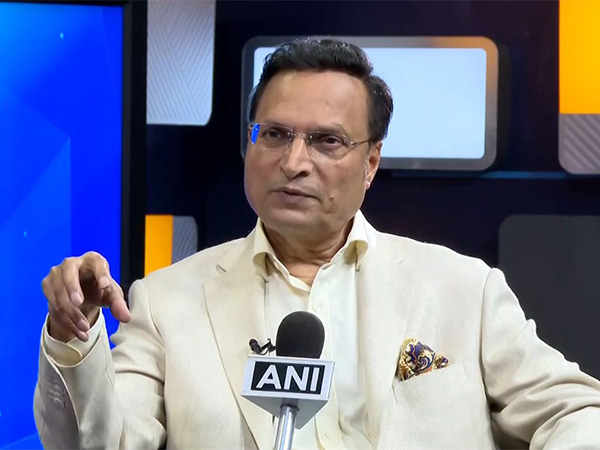Rajat Sharma's Odyssey: Chronicle of Resilience During India's Emergency
Senior journalist Rajat Sharma recounts his experience during India's turbulent Emergency period, detailing the hardships he faced, his efforts to disseminate censored news, and his imprisonment. With candid insights into the political climate, Sharma's story is a testament to courage and an unwavering commitment to democracy.

- Country:
- India
Senior journalist Rajat Sharma, well-known as the Chairman and Editor-in-Chief of INDIA TV, shared his harrowing experiences during the Emergency period in India. The Emergency, declared by then-Prime Minister Indira Gandhi on June 25, 1975, resulted in widespread arrests, including prominent political leaders and individuals like Sharma, who was then involved in student protests led by Jayaprakash Narayan.
In an exclusive interview with ANI, Sharma recalled the oppressive environment and his initiative to keep the public informed through a 'cyclostyled newspaper' amidst strict censorship. Despite being arrested and subjected to police brutality, Sharma remained undeterred in his quest for truth and democracy. Alongside fellow activist Vijay Goyal, Sharma produced and distributed the underground paper 'Mashaal,' a beacon of information during the media blackout.
The Emergency, which lasted 21 months, is seen as a dark chapter in India's history marked by serious curtailments of civil liberties. The Union Cabinet commemorated the 50th anniversary of this period by honoring those who resisted the authoritarian measures. Prime Minister Narendra Modi led a resolution emphasizing the importance of safeguarding democratic values and remembering the courage displayed by those affected.
(With inputs from agencies.)
ALSO READ
Hong Kong’s light fades as another pro-democracy party folds
In India, democracy is not just a political system. For us, it is a way of life: PM Modi to Joint Assembly of Parliament of Trinidad & Tobago.
Austria’s First State Visit to SA Deepens Trade, Democracy, and Global Unity
Political Clash over Jayaprakash Narayan Centre: Pathak vs. Yadav
Akhilesh Yadav Critiques BJP's Strategy on Jayaprakash Narayan Centre










